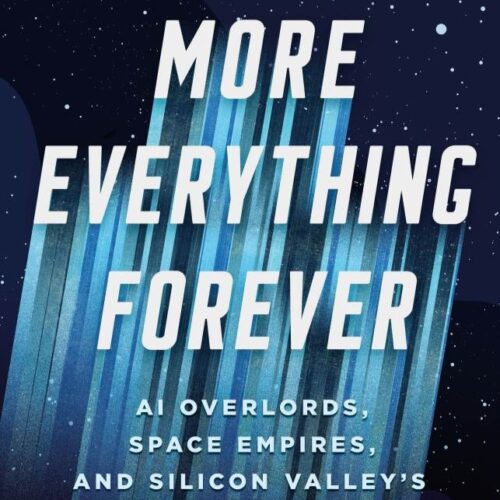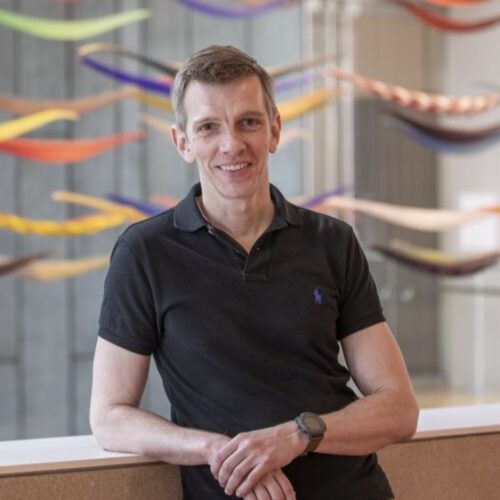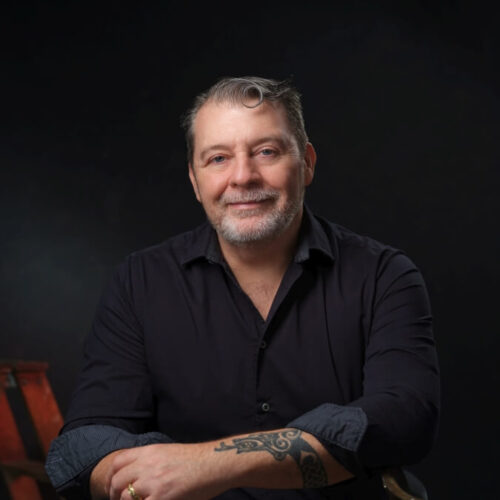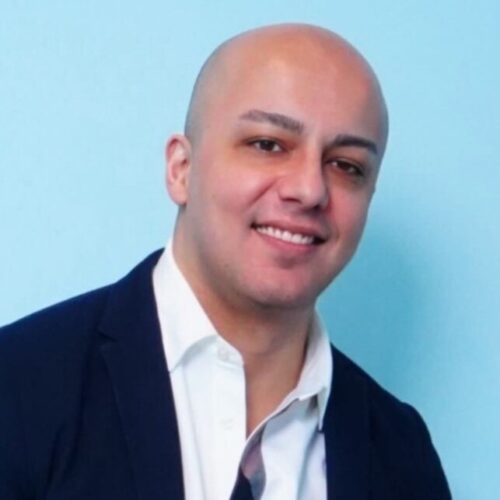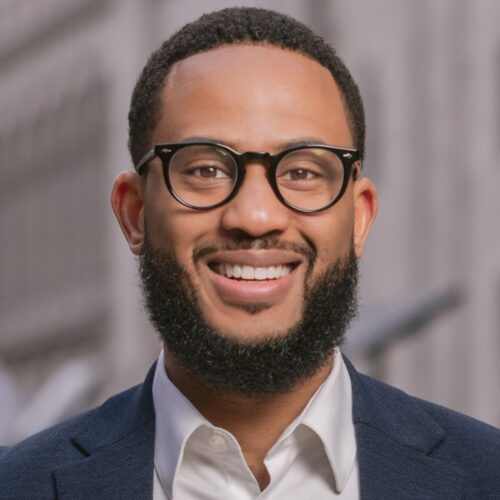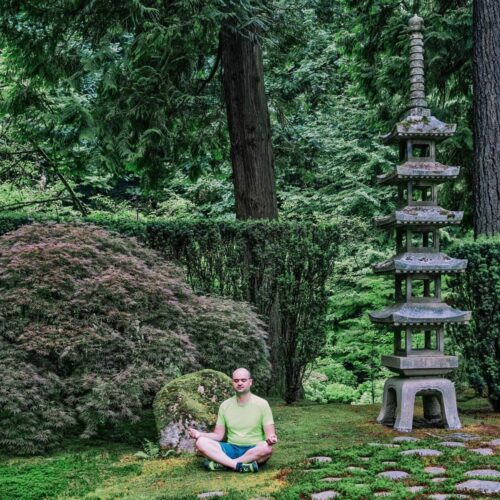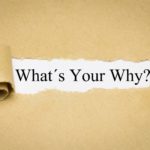Part I: Story
Socrates / Podcasts, ReWriting the Human Story
Posted on: April 19, 2021 / Last Modified: August 27, 2021
Podcast: Play in new window | Download | Embed
Subscribe: RSS
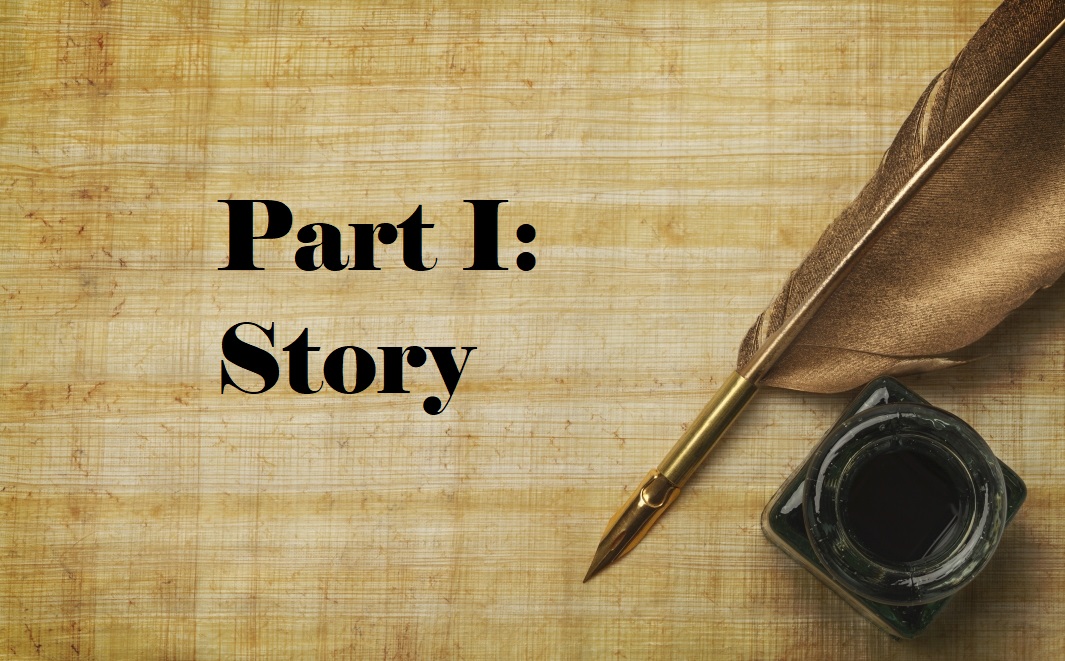
ReWriting the Human Story: How Our Story Determines Our Future
an alternative thought experiment by Nikola Danaylov
Part I: Story
People always find it easier to be a result of the past rather than a cause of the future. Unknown
Are we just billiard balls in a predetermined cosmic game of pool?
Or are we free to choose our future?
My thesis in this book is that our future is indeed determined. But not by some unbreakable and deterministic law of nature. No. Our future is determined by a story that we have created. Because ours is a civilization of story. And we are Homo Narrative – a species of story. So much so that today humanity lives and dies not by facts but by and for our stories. And this has gone so far that at present the fate of actual, non-fictional entities – such as animals, rivers, trees, mountains, oceans, and even our planet, is determined by stories – such as money, religion, law, corporations, nations, and international organizations.
In other words, in our civilization, what is real and we can touch, see, feel and smell, is ruled by what is fictional and doesn’t necessarily exist outside of the shared human imagination. All future possibilities – what is and what is not possible, are not determined by past events or facts on the ground. They are determined by the stories we attach to those because we are story-telling animals. And that is true for us individually – as persons, or collectively – as organizations, businesses, nations, and even for our civilization. We all build our future upon the story we tell ourselves.
Whether it is Climate Change, Brexit, or the election of President Trump we have witnessed many powerful examples where neither the facts nor the events of the past made a sufficient difference to the future outcome. What did and does make the difference is the stories attached. Therefore, if we want a different outcome, we ought to focus on changing the respective stories within which those facts and past events fit. Because only after one has embraced a new story will she be able to reinterpret the same old facts and events in a new way and thereby take a different action.
I claim that our story determines our future. But I am not claiming that anything is possible. Geographical, biological, physical, and economic forces do create constraints. But those constraints leave sufficient space for us to choose our future and not be bound by determinism. Yes, human choices are limited and human freedom is freedom within constraints. So it is not our freedom from external conditions but our attitude towards those conditions that embodies our free will. And attitude is derived from story: a positive story creates a positive attitude and a negative story – a negative one.
The same applies to events. Yes, the past does exert a choke-hold on us all. But we can break free if we can change the story.
In the next 18 chapters I will demonstrate how the above claim is true at every level: individually – as private persons; collectively – as corporations and organizations; and globally – as a civilization. No matter the level, new outcomes come only after the large-scale dissemination of new stories. For as long as the dominant story remains the same, no meaningful change can or will occur.
In short, my thesis is that it doesn’t matter if you are an individual, a company, a nation, or an international organization – change your story, change your future. Because our stories are our compass to the future. But they don’t just point the way. They frame what’s left and what’s right, what’s back and what’s forth, what’s right and what’s wrong, what’s possible and what’s not possible. They frame our space of possibility and motivate us to act or not to act. That is why we have to get into the story if we want to break free of the story. As Brenee Brown notes:
When we deny our stories they define us. When we own our stories we get to write a brave new ending.

